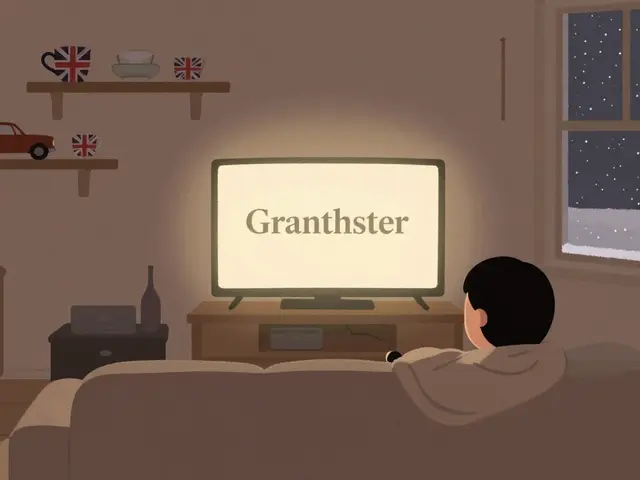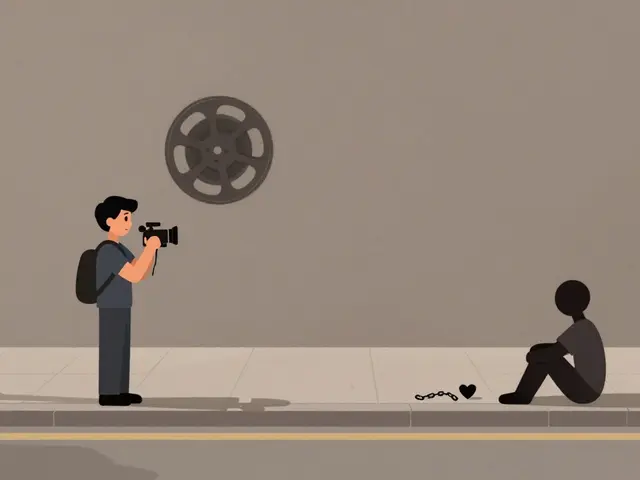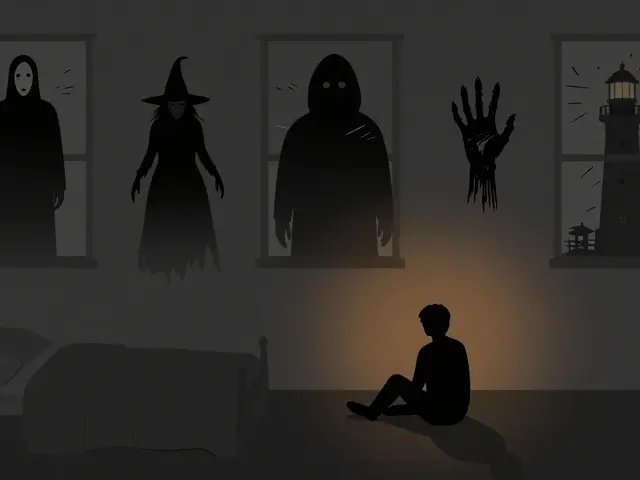Bill Murray: Comedy, Cinema, and the Quiet Genius Behind Iconic Roles
When you think of Bill Murray, an American actor and comedian known for his dry wit, unexpected depth, and genre-defying performances. Also known as the king of deadpan comedy, he doesn’t just play roles—he becomes the quiet center of a storm, turning scripts into moments that stick with you long after the credits roll. He didn’t rise through the usual Hollywood machine. He showed up on Saturday Night Live, said weird things with perfect seriousness, and suddenly, comedy wasn’t just about punchlines—it was about presence.
His collaborations with Wes Anderson, a filmmaker known for symmetrical frames, quirky characters, and emotionally precise storytelling turned him into the go-to actor for men who feel too much but say too little. In The Royal Tenenbaums or Isle of Dogs, Murray doesn’t perform—he lingers. You see the weight of years, the regret, the humor buried under silence. And then there’s Harold Ramis, a writer-director who helped shape modern comedy through films like Ghostbusters and Groundhog Day. Together, they made Groundhog Day more than a time-loop gag—it became a meditation on redemption, wrapped in a snowstorm and a catchy song.
He didn’t chase blockbusters. He chose projects that felt right, even if they were weird. He showed up in indie films with tiny budgets because the script made him laugh or think. He worked with Jim Jarmusch, a director who builds slow, poetic stories about outsiders and quiet moments in Down by Law and Broken Flowers, proving that a glance or a pause can carry more than a monologue. He turned down millions for roles that didn’t move him. That’s not arrogance—it’s integrity.
His career isn’t a straight line. It’s a series of detours, surprises, and quiet revolutions. One day he’s playing a ghostbuster who turns a groundhog’s day into a spiritual awakening. The next, he’s a lonely man driving across America, searching for meaning in strangers’ lives. He doesn’t need to be the star to own the scene. He just needs to be there—calm, confused, and somehow always right.
That’s why you’ll find him in the posts below. Not because he’s always the main subject, but because his influence shows up in the quiet corners of film and comedy. You’ll see how his style shaped indie cinema, how his timing changed what comedy could be, and why filmmakers still chase that same strange, sincere energy he brings to every role. Whether it’s a ghost story, a family drama, or a cartoon dog movie, Bill Murray doesn’t just act—he transforms the space around him. And that’s something no script can teach you.
14
Groundhog Day Review: Bill Murray’s Time-Loop Romance
Groundhog Day is a timeless romantic comedy where Bill Murray's cynical weatherman relives the same day until he learns to become a better person. A masterclass in character growth, humor, and quiet romance.
Latest Posts
Popular Posts
-
 Tax and Fees on Streaming Services: What’s Included in Your Bill
Tax and Fees on Streaming Services: What’s Included in Your Bill
-
 Best New Shows and Movies on Netflix This Week
Best New Shows and Movies on Netflix This Week
-
 Max Parental Controls: Create Kid Profiles and Set Content Ratings
Max Parental Controls: Create Kid Profiles and Set Content Ratings
-
 Acorn TV: Where to Watch International TV Shows Online
Acorn TV: Where to Watch International TV Shows Online
-
 Ethics of Subject Relationships in Documentary Filmmaking: Power, Consent, and Follow-Up
Ethics of Subject Relationships in Documentary Filmmaking: Power, Consent, and Follow-Up
Categories
Tags
- streaming services
- video editing
- video production
- parental controls
- Max streaming
- video editing software
- marketing mix
- subscription management
- streaming apps
- video editing tips
- tips
- ROI
- video marketing
- video editing tools
- marketing strategy
- Premiere Pro
- family viewing
- classic cinema
- Kurosawa
- streaming setup



